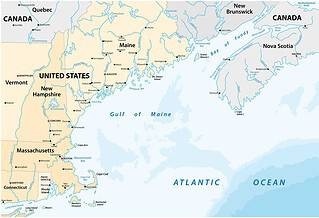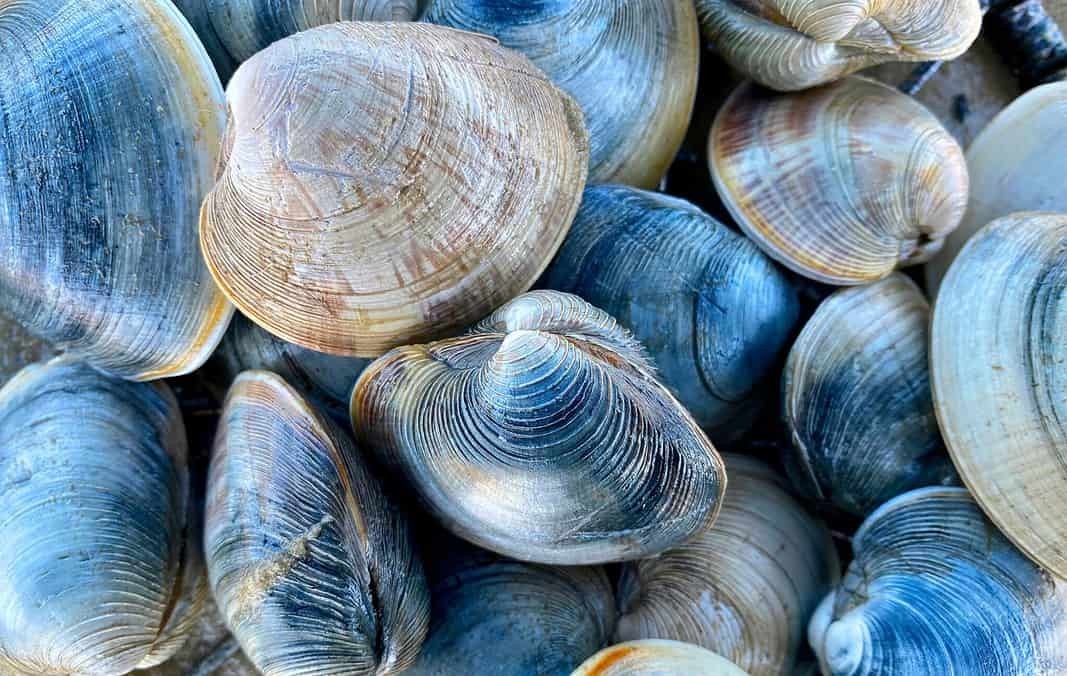Scientists have discovered that the waters in the Gulf of Maine warmed rapidly during the 20th century, reversing a long-term cooling that took place during the previous 900 years.

The oceanographers’ research combined an examination of shells from long-lived ocean quahogs and climate model simulations.
Ocean quahogs, which can live up to about 500 years and grow their shells in annual increments almost like tree rings, were absolutely dated by the researchers and served as good recorders of ocean conditions.
Scientists reconstructed 300 years of hydrographic variability in the Gulf of Maine by discerning geochemical records of oxygen, nitrogen, and previously published radiocarbon isotopes from ocean quahog shells from the Gulf of Maine.

The research was published in the journal Communications Earth & Environment.
The paper concludes that the warming is “likely due to increased atmospheric greenhouse gas concentrations and changes in western North Atlantic circulation,” adding:
“Given future projections of atmospheric greenhouse gas concentrations and [Atlantic Meridional Overturning Circulation] strength, this warming trend in the Gulf of Maine is likely to continue, leading to continued and potentially worsening ecologically and economically devastating temperature increases in the region in the future.”
According to Nina Whitney, lead author of the paper and an oceanographer at the Woods Hole Oceanographic Institution:
“What this paper shows – both from the clams and also from the climate model simulations – is that in the late 1800s there were some pretty dramatic changes and the Gulf of Maine began to warm, reversing 900 years of cooling that had been primarily driven by volcanos.”
She added:
“Both the clams and the climate model simulations suggest that greenhouse gas forcings are not only likely causing surface temperature changes affecting the Gulf of Maine, but also causing changes in ocean circulation. The pathways and the strengths of different ocean currents bringing water into the Gulf of Maine have changed as the region has warmed.”

